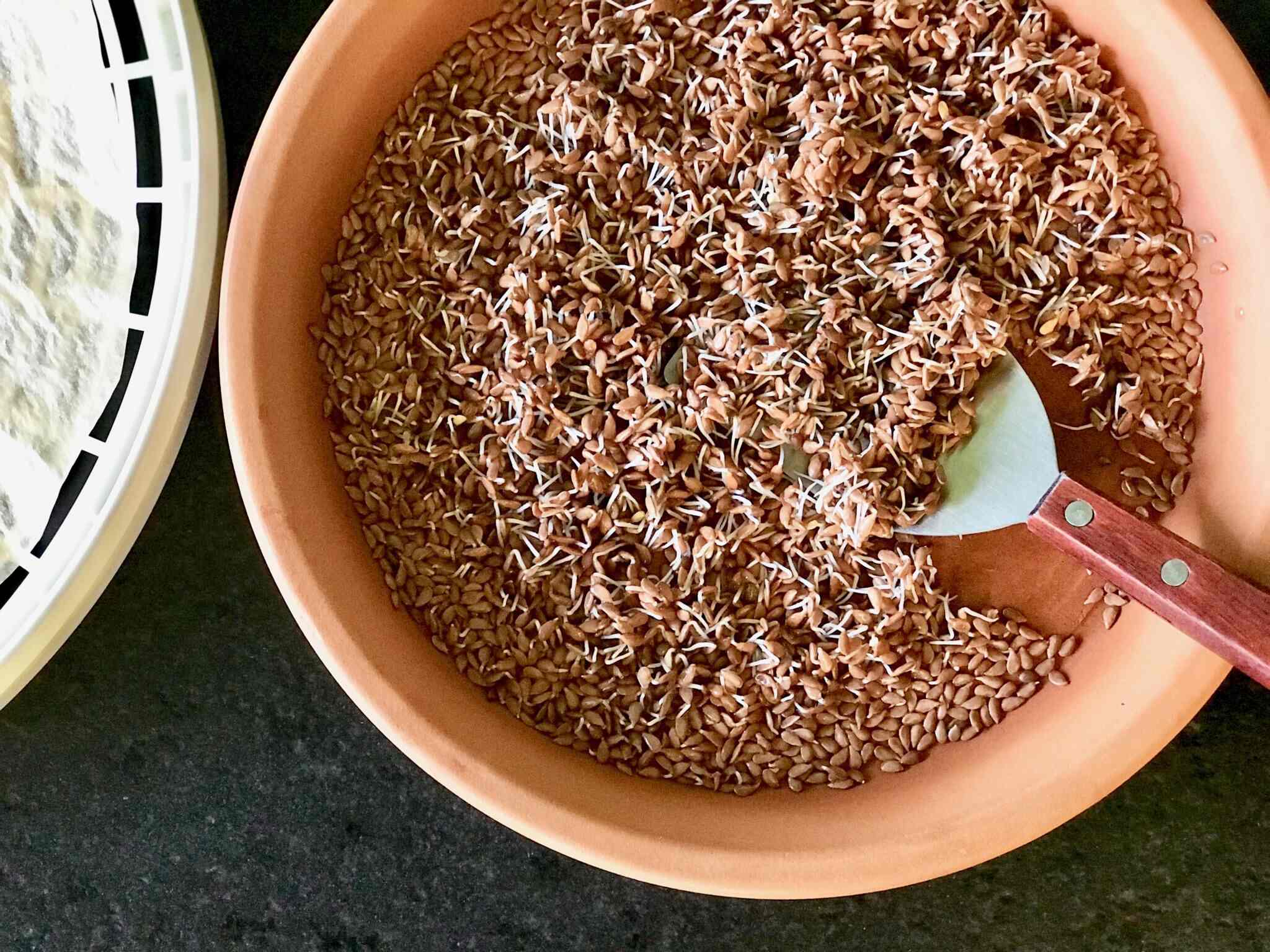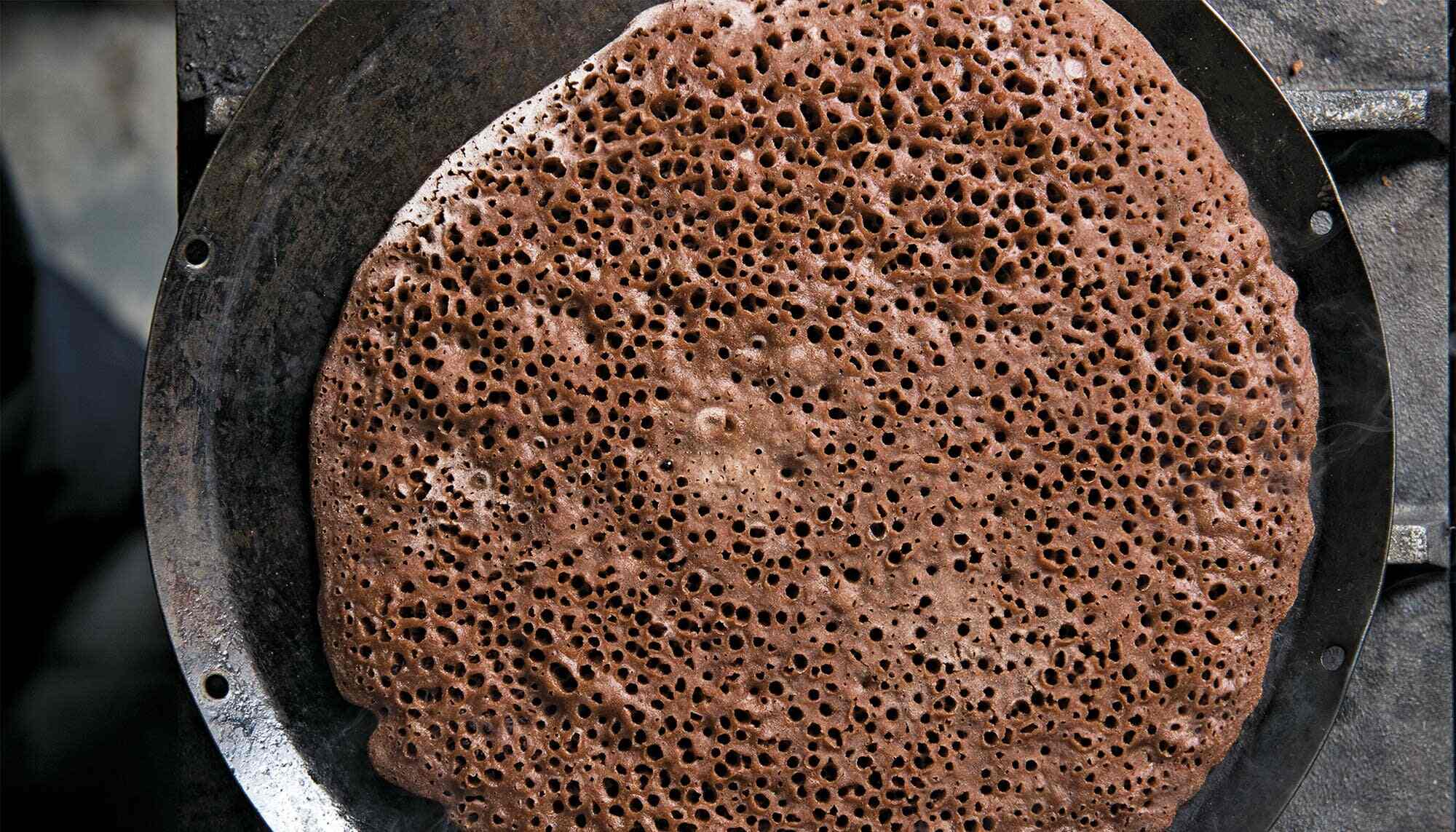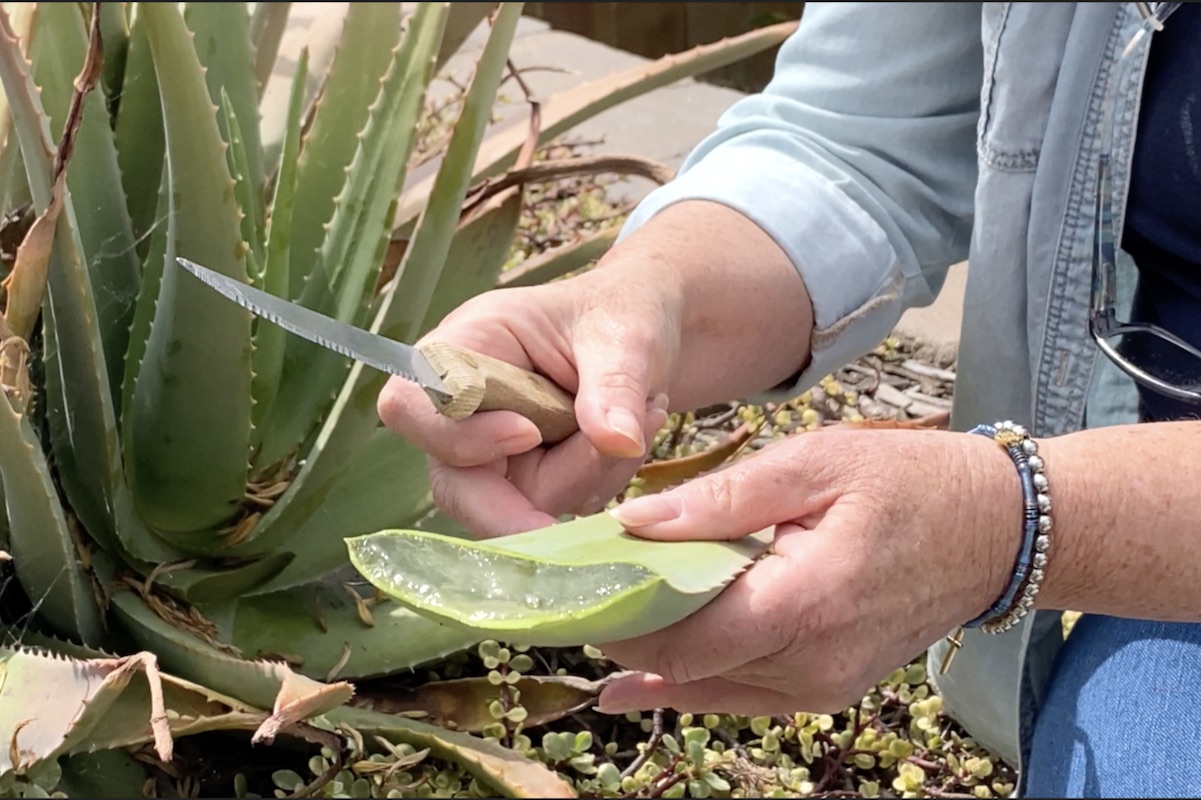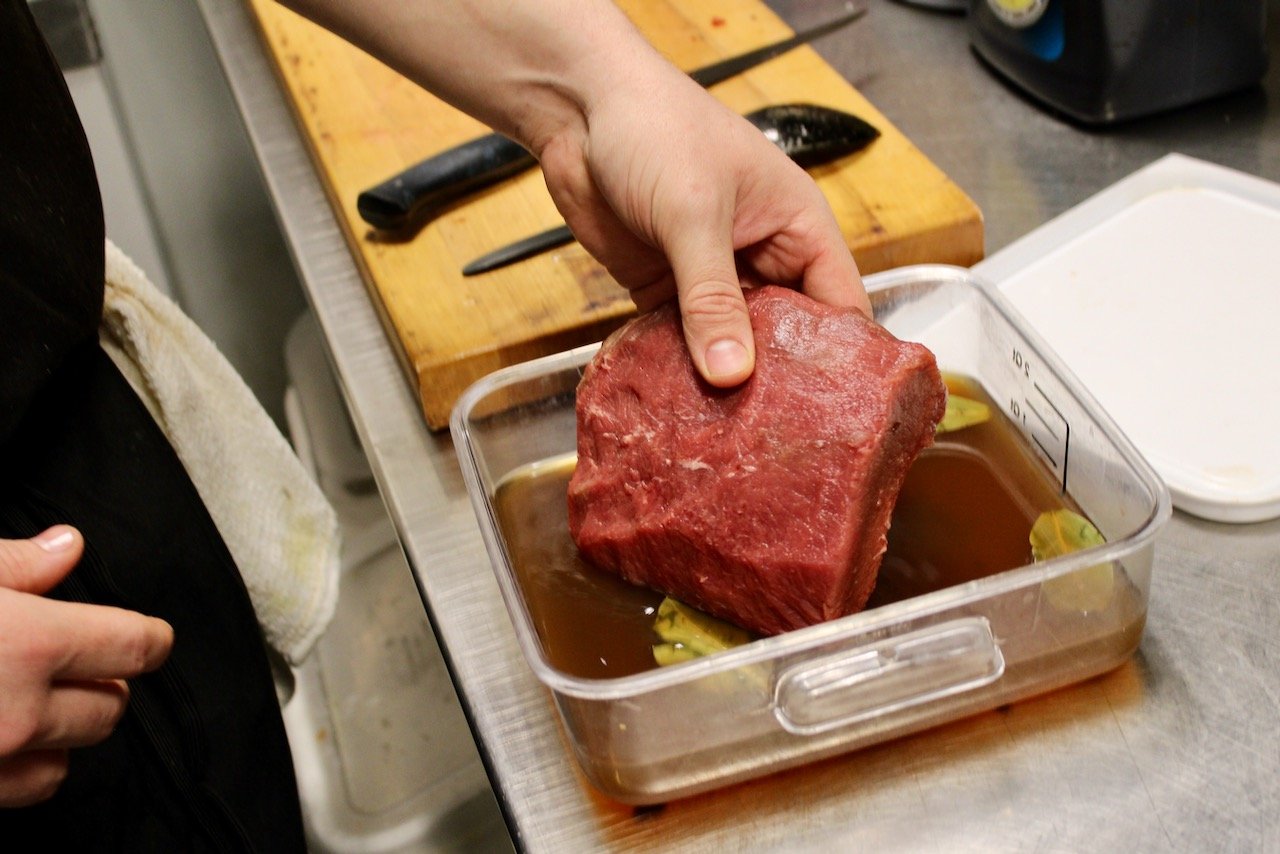Unlocking the Power of Fermented Nuts
When it comes to healthy eating, nuts are often considered a go-to snack. They are packed with essential nutrients, healthy fats, and protein. However, did you know that fermenting nuts can take their nutritional benefits to the next level? Fermentation is a natural process that can enhance the digestibility and nutrient content of nuts, making them even more beneficial for your health. In this article, we will explore the benefits of fermenting nuts and provide you with a simple guide on how to ferment nuts at home.
The Benefits of Fermenting Nuts
Fermentation is a process that involves the breakdown of carbohydrates and proteins in food by beneficial bacteria and yeasts. When it comes to nuts, fermenting them can offer several advantages:
- Improved Digestibility: Fermentation helps to break down the phytic acid and enzyme inhibitors present in nuts, making them easier to digest.
- Enhanced Nutrient Absorption: Fermentation can increase the availability of nutrients in nuts, including vitamins, minerals, and antioxidants.
- Probiotic Benefits: The beneficial bacteria produced during the fermentation process can support gut health and overall well-being.
How to Ferment Nuts at Home
Now that you understand the benefits, let’s dive into the simple steps to ferment nuts in your own kitchen.
- Choose Your Nuts: Start by selecting your favorite nuts. Almonds, cashews, and walnuts are popular choices for fermentation.
- Soak the Nuts: Place the nuts in a bowl and cover them with filtered water. Add a tablespoon of sea salt and let them soak for 7-12 hours. This soaking process helps to neutralize enzyme inhibitors and phytic acid.
- Drain and Rinse: After soaking, drain the nuts and rinse them thoroughly to remove any residual phytic acid and salt.
- Initiate Fermentation: Transfer the nuts to a clean, airtight container. Add a small amount of water and any desired flavorings, such as herbs or spices. Close the lid and let the nuts ferment at room temperature for 12-24 hours.
- Store and Enjoy: Once the nuts have fermented to your liking, transfer them to the refrigerator to slow down the fermentation process. Your fermented nuts are now ready to enjoy as a nutritious snack or as a flavorful addition to your favorite dishes.
Experiment with Flavors
One of the best things about fermenting nuts is the opportunity to experiment with different flavors. You can add a variety of seasonings, such as garlic, rosemary, or cayenne pepper, to create unique and delicious fermented nut blends. Get creative and find the flavor combinations that suit your taste preferences.
Final Thoughts
Fermenting nuts is a simple and rewarding way to boost their nutritional value and make them even more enjoyable to eat. By incorporating fermented nuts into your diet, you can support your digestive health and overall well-being. So, why not give it a try? With just a few basic ingredients and a little patience, you can unlock the power of fermented nuts in your own kitchen.
Remember, the key to successful fermentation is to start with high-quality nuts and to follow the fermentation process carefully. With a bit of practice, you’ll be able to enjoy the delicious and nutritious benefits of fermented nuts whenever you like.
For those intrigued by the art of fermenting nuts, there's a variety of recipes to try that bring out deep, rich flavors. Start with Fermented Almond Butter Spread for a delicious twist on a familiar favorite, perfect for morning toast. Fermented Cashew Cheese offers a creamy, dairy-free alternative that pairs well with crackers or fresh veggies. For a unique snack, Fermented Nut Granola combines the benefits of fermentation with a crunchy texture. If you're in the mood for something savory, Fermented Walnut Pesto makes a fantastic topping for pasta or sandwiches. Finally, Fermented Nut Yogurt provides a probiotic-rich option to enjoy with fruits or in smoothies. These recipes not only enhance the nutritional value of nuts but also introduce exciting new flavors to your meals.
Was this page helpful?
Read Next: How To Ferment Chia











